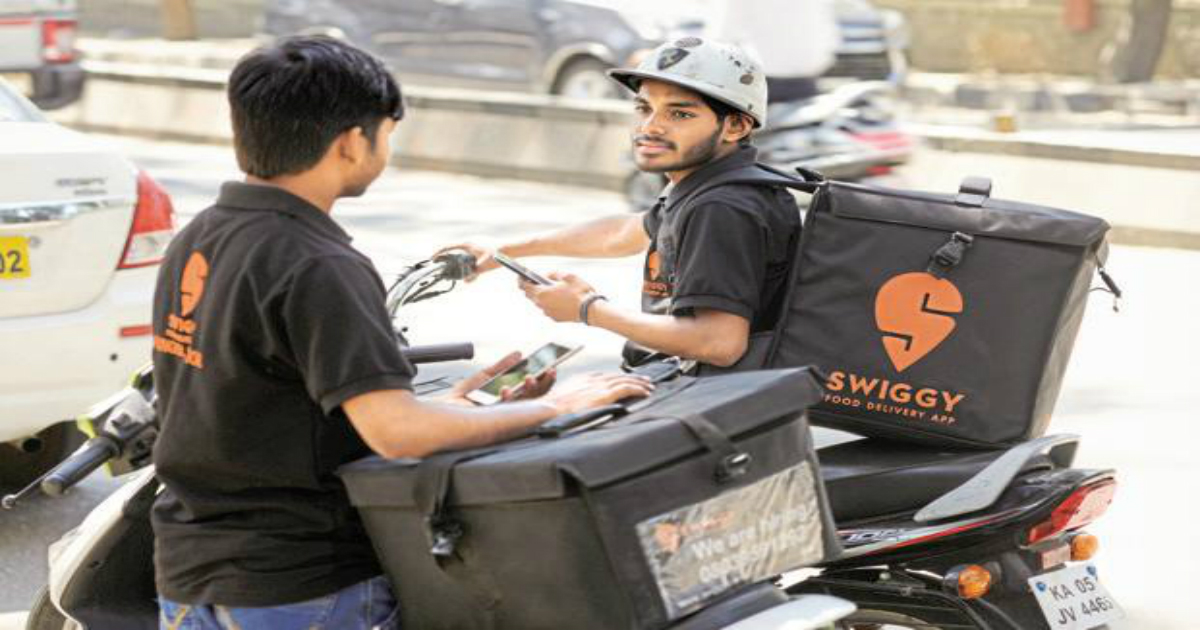Swiggy, Bengaluru based food tech company, just raised $ 100 million in the F level round of funding from China based ecommerce website and hyperlocal existing investor, Naspers. The food tech company had previously raised $ 80 million in the E round funding from Naspers last year in May.
With this new round of funding, Swiggy plans on further strengthening its market leadership position by introducing a host of unique and advanced products and services. Further, Swiggy will also make investments in its new supply business line to solve existing supply and service gaps in the marketplace.
The food tech Bengaluru giant had said earlier it was improving its technology and planned on increasing its technology. As of now, Swiggy has been delivering food within 35 minutes. With this round of funding, it plans on innovating its core technology platform, especially in the areas of data-driven self-learning systems that leverage machine learning and artificial intelligence.
The company said it will build on its adaptive, real-time prediction and optimisation systems. This will further improve consumer choice and personalisation, along with speed, volume and efficiency of deliveries, according to the firm. The online food service is also planning on introducing artificial intelligence into its core technology services.
This round of funding comes at an extremely exciting time as Zomato had recently secured $ 300 million in funding from China based e commerce giant, Alibaba. With two of the major food based tech platforms gearing up for a major competition, it is going to be interesting to see how far the companies plan on going.
“Swiggy has continued strong growth through 2017 and now has a clear lead in the market. The company’s performance is all the more impressive given the intense competition we see in the food ordering and delivery business in India. Swiggy has shown it has the ability to rise above the competition and create long-term relationships with its users,” said Larry Illg the chief executive of Naspers Ventures, in a statement regarding this round of investment.

